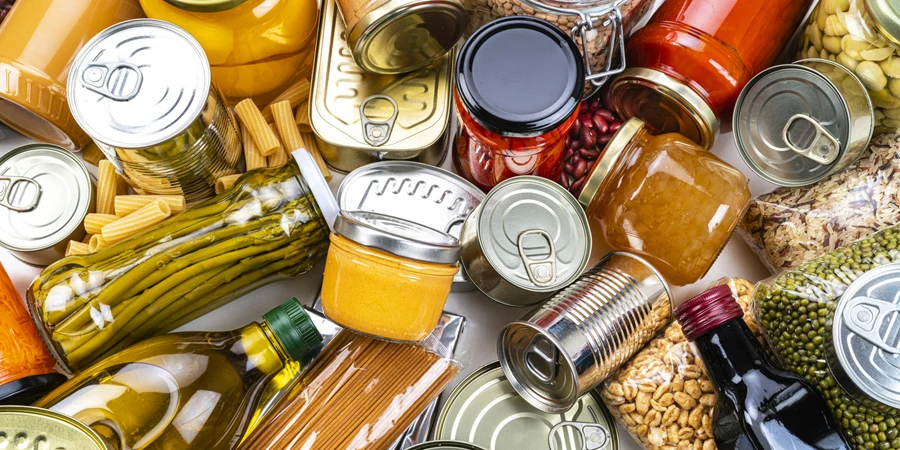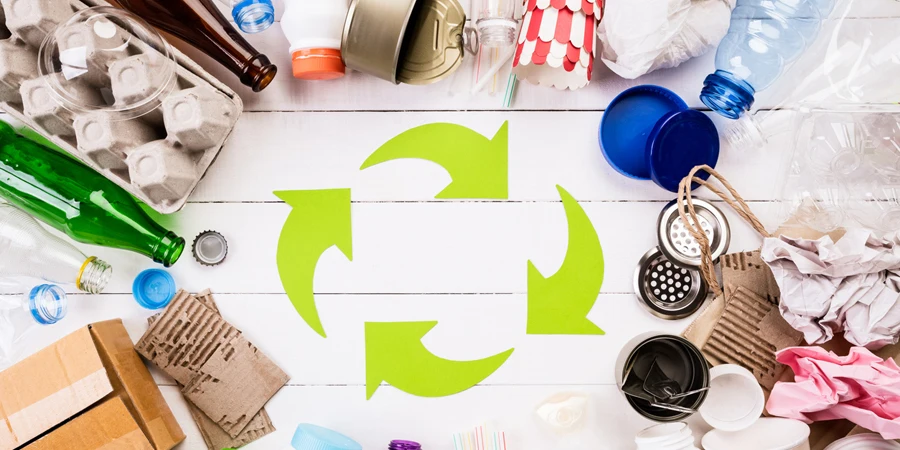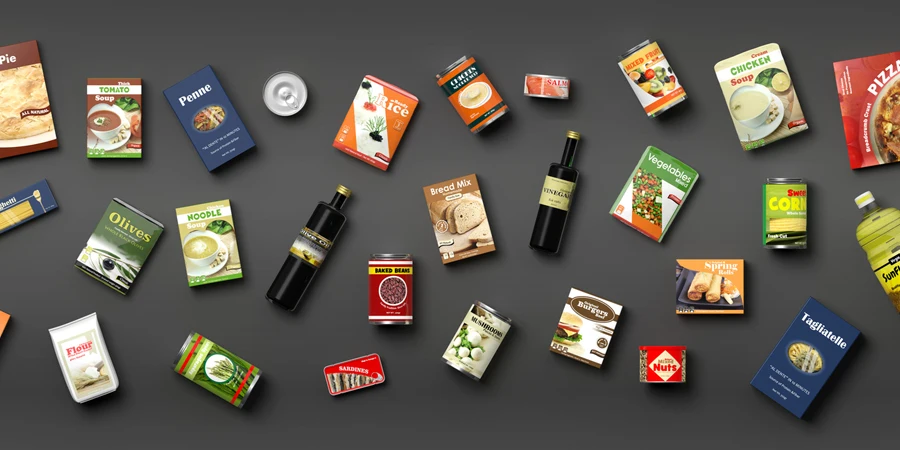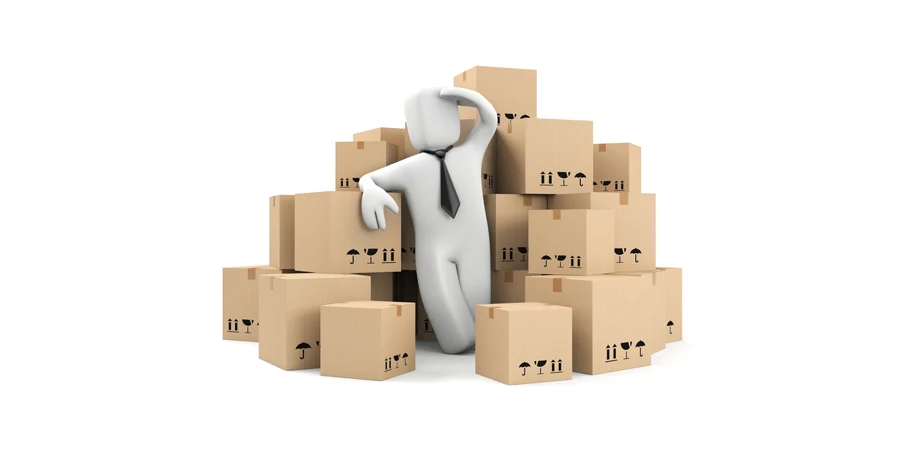The proposed rules could effectively ban many imported products that rely on non-EU recycled plastic.
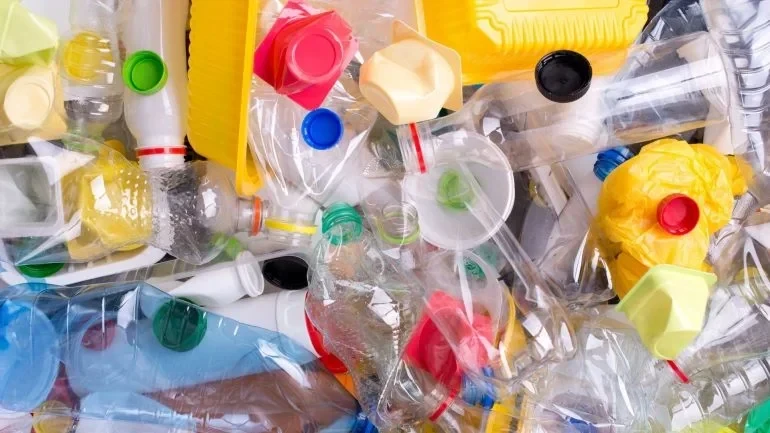
The EU is proposing stricter regulations on food packaging, potentially limiting the use of most plastic recycled outside the bloc, the Financial Times (FT) reported.
This move, driven by a last-minute amendment from France, aims to prioritise European-made recycled materials but has sparked concerns about cost increases, trade disruption, and potential violations of international trade agreements.
Impact on consumers and trade
According to the FT, EU officials warn that the amendment could lead to higher prices for everyday products.
Limited access to compliant plastic would drive up its cost, impacting the final price of packaged goods.
Additionally, the new rules could effectively ban many imported products that currently rely on non-EU recycled plastic for packaging.
This could disrupt trade flows and potentially harm the economies of developing nations whose recycling industries might not meet the EU’s stringent standards.
France’s stance
French lawmakers argue that stricter rules are necessary to create a “level playing field” for European recyclers.
They face higher production costs due to EU regulations, and the amendment aims to ensure a competitive advantage for the domestic industry.
Furthermore, France hopes to stimulate demand for a new market of EU-compliant recycled plastic.
Industry concerns
The proposed legislation has drawn significant attention from various sectors across the EU.
Industries such as hospitality and logistics fear the widespread impact on their operations.
However, French recyclers specifically claim that competition from cheaper, non-compliant imports from outside the bloc threatens their business.
They argue that allowing such imports would undermine their massive investments in recycling capacity, which currently faces limited demand due to existing competition.
Potential roadblocks
Several member states and the European Commission itself express concerns about the amendment’s compatibility with World Trade Organization regulations.
According to the FT, countries such as Germany and the Netherlands, along with the commission, are wary of measures that could trigger trade disputes.
Lawyers representing relevant EU bodies are currently scrutinising the agreement to ensure compliance with international trade rules.
Moving forward
The proposed legislation faces an uncertain future.
The European Commission is still analysing the agreement, and some member states might reject it due to potential trade compliance issues.
Balancing the EU’s environmental goals with fair trade practices and ensuring the viability of its domestic recycling industry remains a key challenge that needs to be addressed before the legislation is implemented.
Source from Packaging Gateway
Disclaimer: The information set forth above is provided by packaging-gateway.com independently of Alibaba.com. Alibaba.com makes no representation and warranties as to the quality and reliability of the seller and products.

